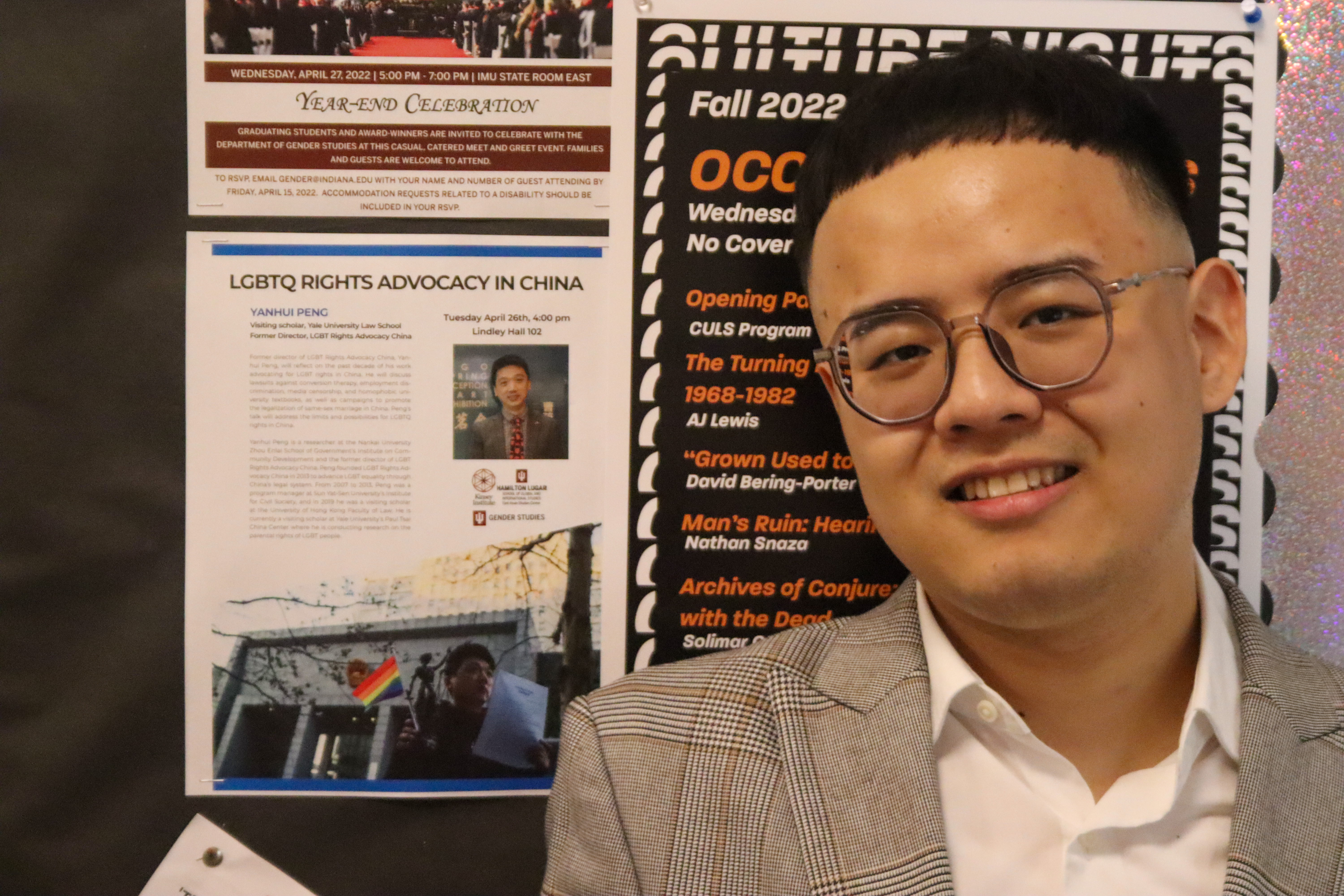
Mullins Prize 2024: Suisui Wang
The Mullins Committee is pleased to announce that this year’s prize is awarded to Suisui Wang for the chapter Situated Indications: Queer STS Experiments on Global Datafication from the book Queer Data Studies. This remarkable work, rich in both theoretical depth and empirical sophistication, offers a significant contribution to the field of STS, particularly in the context of LGBTQI datafication and inclusion metrics on a global scale. The chapter's engagement with queer theories, coupled with its detailed empirical case studies, underscores the complexity and multidimensionality of datafication processes, pushing the boundaries of traditional STS inquiry. Moreover, Wang's commitment to a non-innocent critique and an experimental mode of engagement with datafication practices illuminates new pathways for activism and scholarship, encouraging a critical reevaluation of our engagements with data and metrics. In essence, this chapter is a testament to the transformative potential of queer STS scholarship, offering a plethora of insights and inspiring a reimagined approach to studying data and inclusion.
Honorable Mentions
Refusal in Data Ethics: Re-Imagining the Code Beneath the Code of Computation in the Carceral State, in Engaging Science, Technology, and Society by Chelsea Barabas has been selected as an Honorable Mention for the Nicholas C. Mullins Prize for 2024.
Troubleshooting: The Automation of Synthetic Biology and the Labor of Technological Futures, in Science, Technology, & Human Values by Annie Hammang has been selected as an Honorable Mention for the Nicholas C. Mullins Prize for 2024.
Nicholas C. Mullins Award Committee 2024: Eugene Richardson (Chair), Anindita Majumdar, Lisette Jong, Pouya Sepehr, and Raphael Frankfurter
Acceptance statement:
I am honored and humbled to receive the Nicholas C. Mullins Award. My foremost gratitude goes to my activist interlocuters, including Yanhui Peng (showcased in both this piece and the picture). I thank Darius Longarino, Colin Garon, and the reviewers for their feedback. I acknowledge the Tobias Center for Innovation in International Development and the Institute for Digital Arts and Humanities, both at Indiana University, for providing funding for the research. I am particularly proud for this work to appear in the volume Queer Data Studies. I thank Patrick Keilty for his editorial vision and stewardship. I hope you will have fun reading this amazing collection!
Bio:
Suisui Wang (he/him/his, ta/ta/ta-de) is a PhD candidate of Gender Studies at Indiana University Bloomington. His work examines health, data, and technology as intersecting domains of mobilizations and governance through anti-conversion therapy activisms and, most recently, the histories of crisis hotlines.

